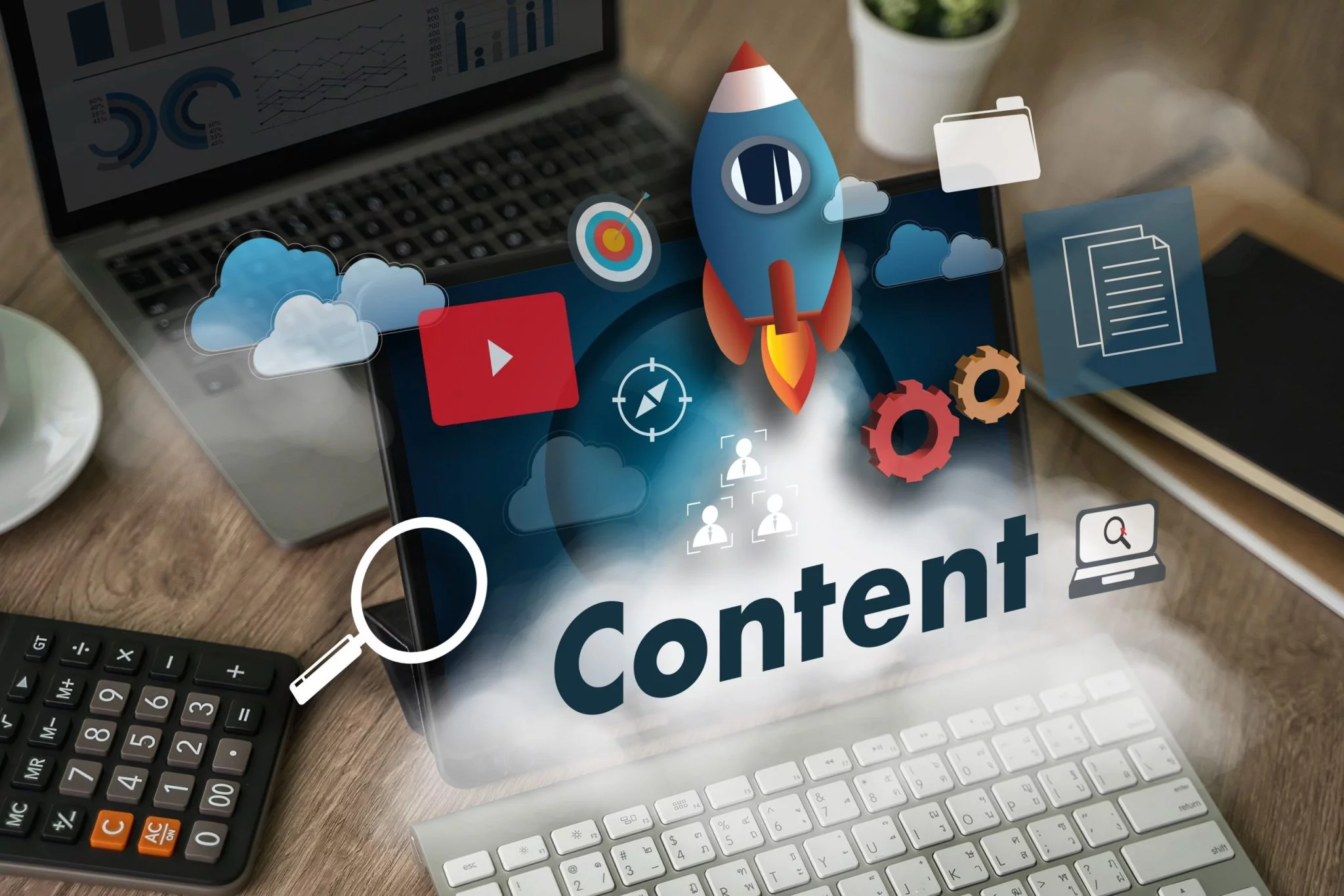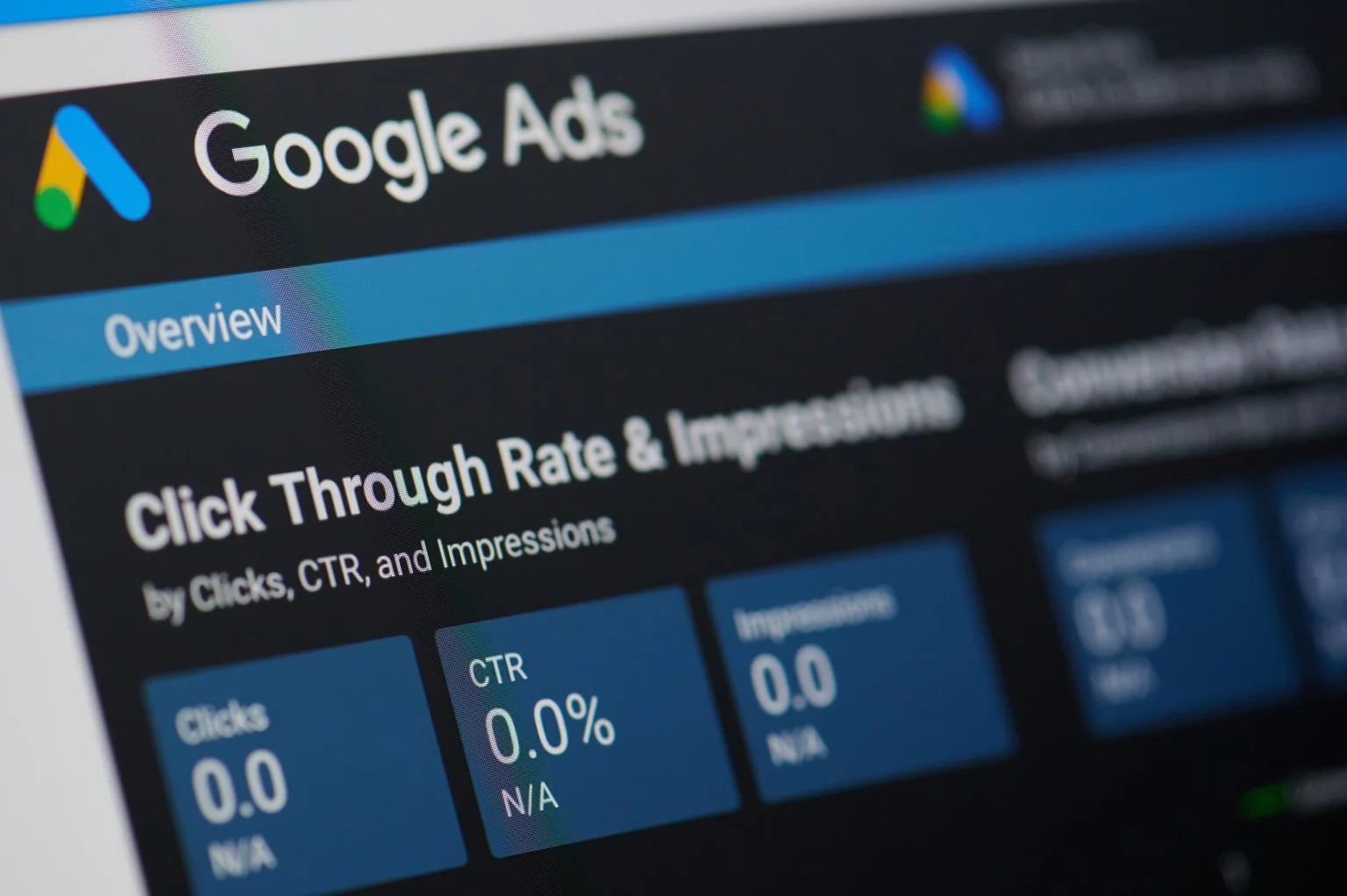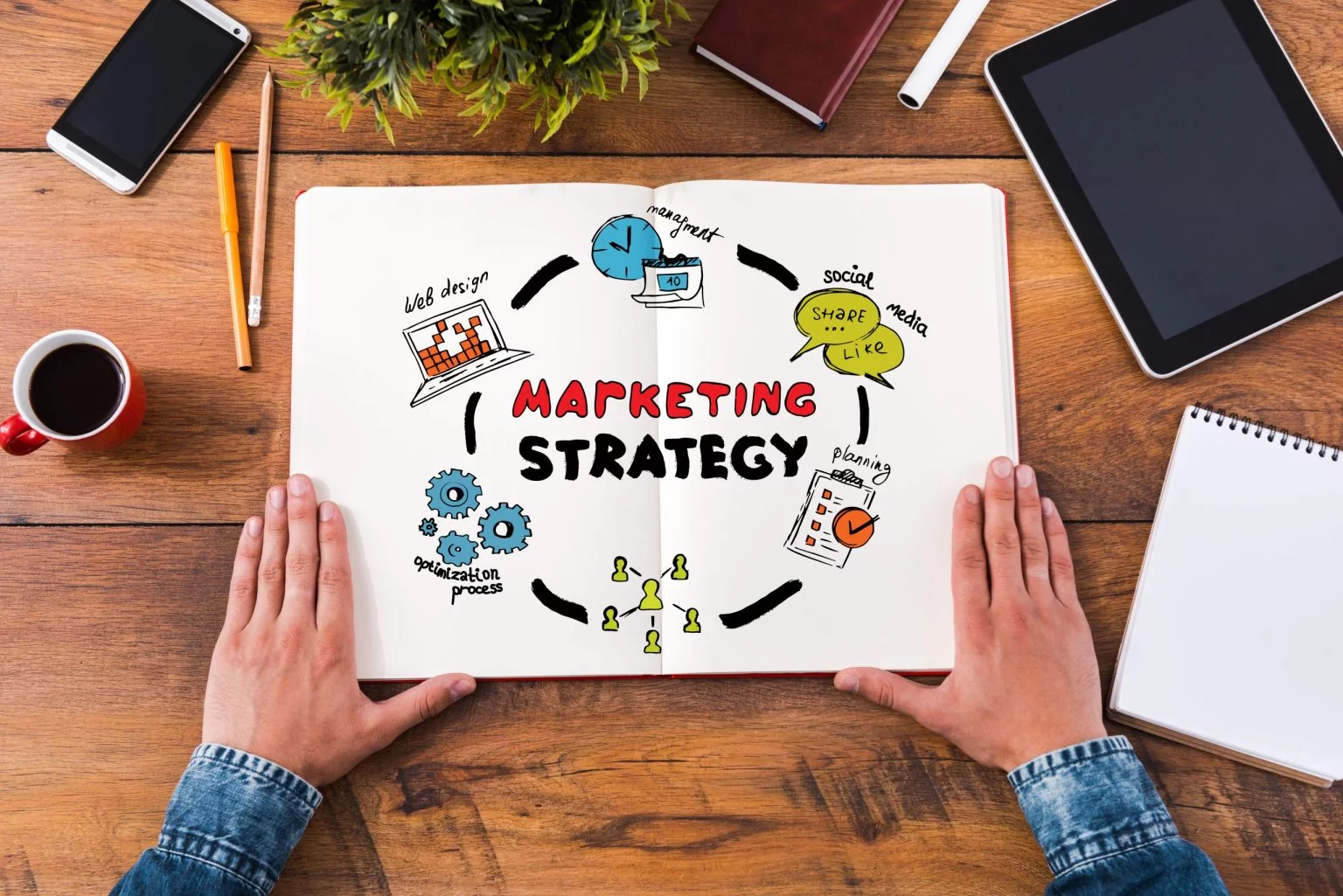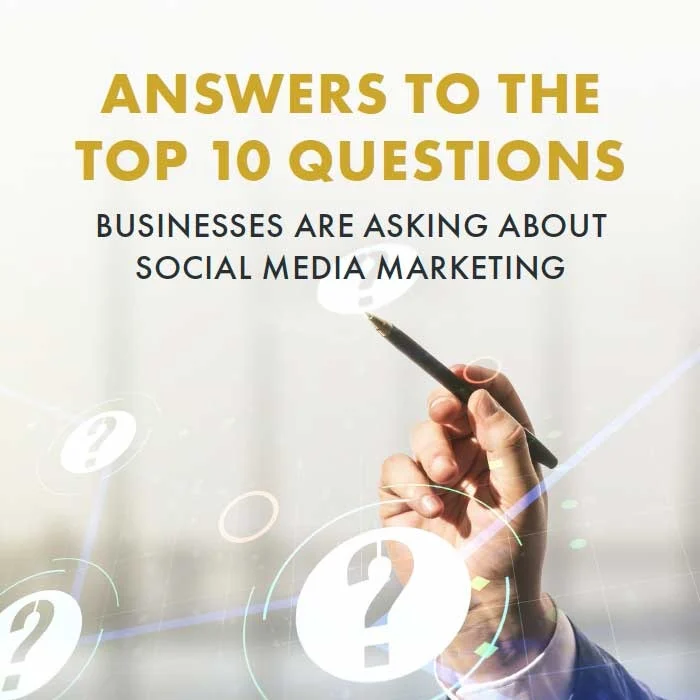
Email marketing is a strong strategy for businesses that want to connect with their audience and boost sales. Even with social media and other ways to communicate online, email marketing is powerful because it lets you send personalized content straight to someone's inbox.
With new technology for automation and data analysis, businesses can customize their email campaigns more precisely than ever before, getting higher engagement and a better return on investment. Plus, email allows you to communicate directly in a way that other platforms can't, making it a really important tool for building customer relationships and loyalty to your brand. Let's explore the benefits and best practices of email marketing.
The Benefits of Email Marketing for Small Businesses
With advancements in technology and more data-driven strategies, email marketing benefits have only grown. Personalized content, automation, and targeted campaigns help businesses connect with their audience more effectively, driving engagement and increasing sales.
Highly Targeted Campaigns
One of the main benefits of email marketing is its ability to create highly targeted campaigns. By using customer data and segmentation, small businesses can send tailored messages that resonate with specific audience segments. This targeted approach ensures that the content is relevant to the recipient, which can significantly increase open and click-through rates.
Cost-Effective
Email campaigns require minimal investment while offering substantial returns. Tools and platforms that facilitate email marketing often come at a low cost, and many offer free tiers suitable for small businesses. Additionally, the ability to measure and analyze the performance of email campaigns helps businesses optimize their strategies and ensure they are getting the most value for their money.
Direct and Personal Communication
Email marketing enables businesses to communicate directly with their audience, fostering a more personal connection. This direct line of communication allows for tailored messaging, empowering businesses to cultivate stronger relationships with their audience.
Improved Analytics
Modern email marketing platforms offer robust analytics, enabling businesses to gain deeper insights into campaign performance, user engagement, and conversion rates, helping refine strategies for better results.
Integration with Other Channels
Email marketing is seamlessly integrated with other digital marketing channels, such as social media, SMS, and content marketing, creating a cohesive and multi-channel approach to reaching audiences.
Increased Deliverability Rates
Advancements in email technology have improved deliverability rates, ensuring that emails reach recipients' inboxes rather than being caught in spam filters, thus maximizing the impact of each campaign.
Enhanced Security
With heightened concerns over data privacy, email marketing now includes enhanced security features to protect customer information, building trust and compliance with regulations like GDPR.
Key Trends in Email Marketing
Focus on Personalization and AI
Personalization continues to be a significant trend in email marketing. Advancements in artificial intelligence (AI) are taking personalization to new heights. AI-powered tools can analyze customer data to create highly targeted and relevant content. This level of personalization helps to improve engagement and drive better results. For example, AI can predict the best time to send emails, recommend products based on past behavior, and even generate personalized subject lines. By incorporating AI into your email marketing strategy, you can create a more tailored and effective campaign.
Interactive Email Content
Interactive content is another trend gaining traction. Interactive emails include elements such as polls, quizzes, and carousel images that encourage recipients to engage with the content. This type of content is not only more engaging but also helps to gather valuable insights about your audience. Incorporating interactive elements into your emails will help create a more dynamic and engaging experience for your recipients. This can lead to higher open rates, click-through rates, and overall engagement.
Email Marketing Automation
Automation is a game-changer for small business email marketing. Email automation allows businesses to send targeted and timely messages without manual intervention. This not only saves time but also ensures that your audience receives relevant content at the right time. This year email automation tools are more advanced and accessible than ever. Small businesses can now create automated workflows that nurture leads, onboard new customers, and re-engage inactive subscribers. By leveraging automation, you can create a more efficient and effective email marketing strategy.
Best Practices for Small Business Email Marketing
Building a Quality Email List
A successful email marketing campaign starts with a quality email list. Focus on building a list of engaged and interested subscribers rather than simply aiming for quantity. Use sign-up forms, pop-ups, and incentives to encourage website visitors to join your email list. Ensure that your subscribers have given explicit consent to receive your emails. This not only helps to comply with data protection regulations but also ensures that your audience is genuinely interested in your content.
Crafting Engaging and Relevant Content
The key to successful email marketing is creating content that resonates with your audience. Focus on delivering value through informative, entertaining, and relevant content. Use a mix of text, images, and interactive elements to keep your emails engaging. Personalize your content based on your subscribers' preferences and behavior. Use segmentation to send targeted messages to different customer groups. This helps to create a more relevant and engaging experience for your audience.
Analyzing and Optimizing Campaigns
To improve the performance of your email marketing campaigns, it's essential to analyze and optimize your efforts regularly. Track key metrics such as open rates, click-through rates, and conversion rates to gauge the effectiveness of your campaigns. Use A/B testing to experiment with different subject lines, content, and send times. This helps to identify what works best for your audience and optimize your campaigns accordingly. Continuously refine your strategy based on data and feedback to achieve better results.
Updated Privacy Laws and Regulations
With the increasing focus on data privacy, it's crucial to stay updated on any new laws or regulations that may affect your email marketing efforts. Make sure you comply with all relevant laws and regulations, such as the General Data Protection Regulation (GDPR) in Europe or the CAN-SPAM Act in the United States. This not only ensures legal compliance but also builds trust with your audience and protects their personal information.
With the implementation of updated email privacy settings, such as those introduced by Apple’s Mail Privacy Protection, the effectiveness of email marketing campaigns has been notably impacted. These privacy measures, which mask recipients' IP addresses and block tracking pixels, hinder the ability of marketers to accurately track open rates. Consequently, businesses are facing challenges in measuring the true engagement of their email campaigns. Without reliable open rate data, it's difficult to gauge the effectiveness of subject lines and overall campaign reach. Marketers must now pivot towards alternative metrics, like click-through rates and conversion rates, to assess performance. This shift necessitates a deeper focus on creating compelling content and calls-to-action that drive measurable interactions, ensuring campaigns remain effective despite the limitations on data tracking.
Personalization
Personalized emails have been shown to have higher engagement rates compared to generic ones. Take advantage of personalization tactics such as including the recipient's name or using dynamic content based on their interests or past behavior. This can help create a more personalized experience for your subscribers, leading to stronger connections with your brand.
Segmentation
Not all subscribers are the same - they may have different interests, preferences, or purchasing behaviors. By segmenting your email list, you can send targeted messages to specific groups of subscribers. This allows for more relevant and effective communication, increasing the chances of conversion.
Automation
Automating your email marketing campaigns can save you time and effort while also increasing effectiveness. Use automated emails for welcome messages, abandoned cart reminders, birthday greetings, or other types of triggered messages. This allows you to send timely and relevant messages without constantly monitoring your email list.
Mobile Optimization
With the rise in mobile usage, it is crucial to ensure your email marketing is optimized for all devices. Make sure your emails are responsive and easy to read on smartphones and tablets. Consider using a mobile-friendly design or creating separate versions specifically for mobile users.
Testing and Analytics
To continuously improve your email marketing efforts, it's important to regularly test different elements of your emails such as subject lines, call-to-actions, and images. Use A/B testing to see which version performs better and adjust accordingly. Additionally, tracking and analyzing your email data can provide valuable insights into the effectiveness of your campaigns. Utilize metrics such as open rates, click-through rates, and conversion rates to measure success and make informed decisions for future campaigns.
Boosting Small Business Growth with Email Marketing
Email marketing is a vital tool for small businesses. Its ability to deliver personalized, direct, and engaging content helps businesses build stronger relationships with their audience and drive meaningful results. By staying updated with the latest trends, such as personalization through AI and interactive content, and implementing best practices like building a quality email list, crafting relevant content, and analyzing campaign performance, small businesses can maximize the effectiveness of their email marketing strategies. As technology continues to evolve, email marketing will undoubtedly adapt and grow, offering even more opportunities for businesses to connect with their audience in impactful ways.



.webp)























































